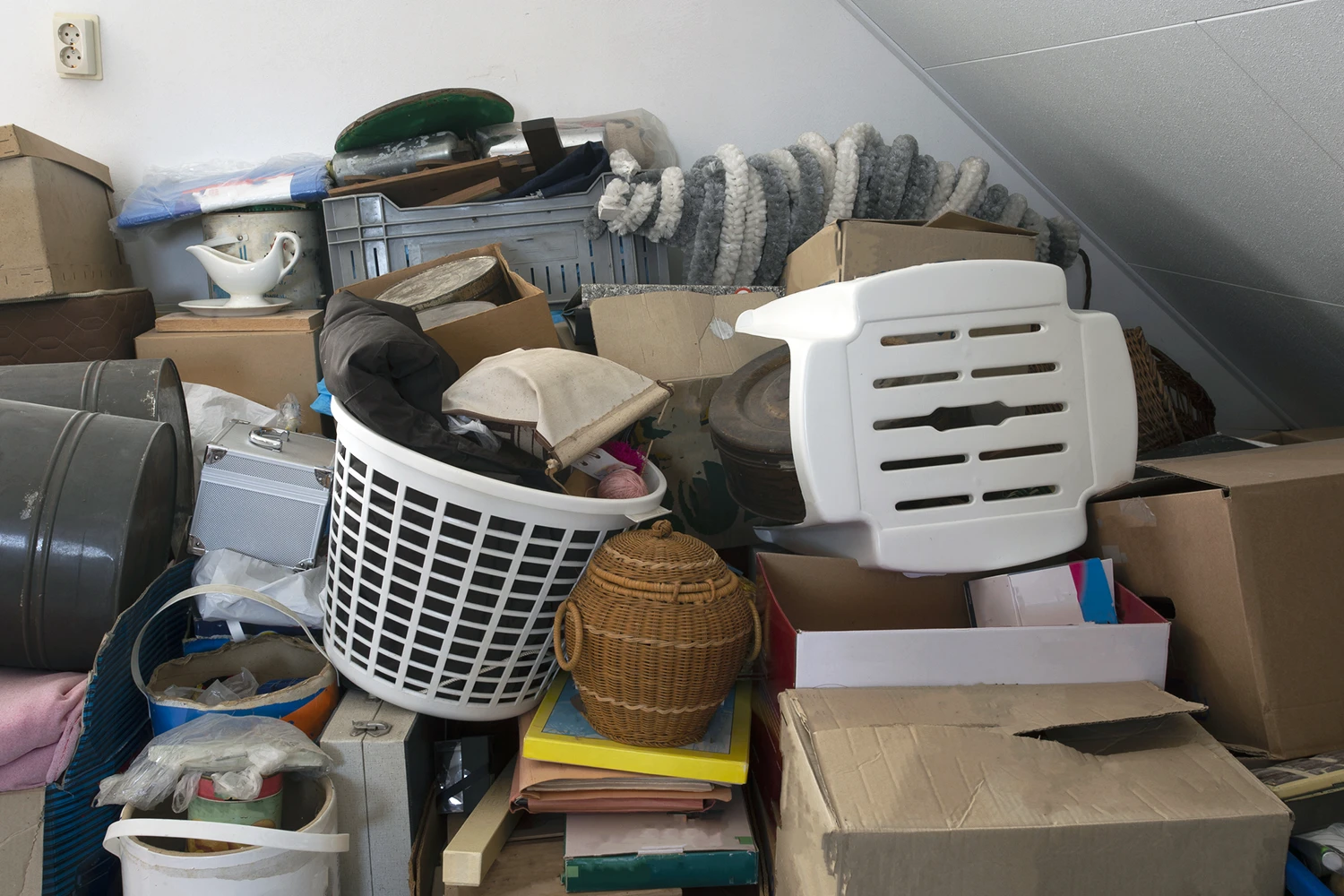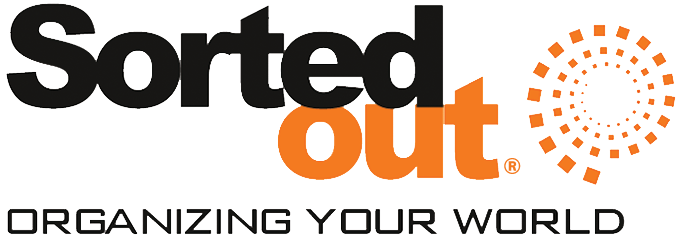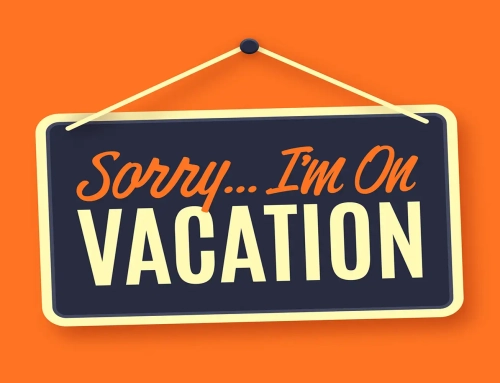
Of course, we all know being disorganized is bad. ”Organized” is a trait drilled into our brains as beneficial from a very young age (both at home and at school). But have you ever truly considered why? Many people with less-than-stellar organization habits don’t realize how much they’re truly losing. Do you believe your minor bad habits aren’t making that big of a difference? Do you tell yourself it’s okay to be a hot mess because it’s not impacting you negatively? Curious to know what the true price of disorganization is? Allow me to give you the breakdown of what a few bad habits may be costing you!
Missed Bills / Late Payments
The (for most) biggest cost of disorganization is actual money! Disorganization is financially more expensive, and you’ll end up paying more in the long run. Scattered, lost, or unopened mail can lead to bills getting missed. If you miss a payment on a bill, you will likely have to pay late fees, on top of what you owe for the bill itself. And not only do missed or late payments on bills often come with additional fees; if payments are missed on credit card bills it can also affect your credit! Financially, it pays to be organized. It also allows you to avoid the hassle of dealing will bill collectors. A bit of organization in these instances can go a long way to save you both frustration and money.

Lack of Time Management
Disorganization costs money, and it costs time. (Your time is one of your most valuable possessions; do what you can to protect it!!) If you’re unorganized and end up late to an appointment it may get cancelled causing you to have to reschedule entirely. In most cases today, missing an appointment altogether leads to late cancellation fees. In this case, the price of disorganization is both your time wasted and money.
If you procrastinate on plans, such as when traveling, it can lead to higher pricing. Itineraries made and tickets bought at the last minute are often more expensive and you will certainly miss out on any “early bird” specials that may have been offered. Poor time management and procrastination can also lead to plans not being able to come to fruition at all! If you’re attempting to book too late, events may be sold out, hotels/Airbnb/VRBOs may have no vacancy, activities may have no availability left that work with your schedule, etc. Believe me, missing out on events or travel you’ve been looking forward to is not something you want your disorganization to cost you.

Over Purchasing
This is another one that comes with a hefty (financial) price tag. Disorganization leads to over purchasing. Over purchasing costs money. Not having meals already planned out for the week, especially for busy working parents with kids in extra-curricular activities, could lead you to spend additional money on takeout/food delivery at the last minute.
The holidays are coming up, so this is a time of year when misplacing items or not knowing what you have in the pantry/backstock could lead you to purchase again (only to later realize you already had what you needed!) It’s also good to know exactly what you’ve already bought in advance for holiday gifts and where you’ve stored them. There is nothing worse than opening a closet in March only to discover a shopping bag in the back corner with three or four “should’ve been Christmas presents” sitting within it.
If you aren’t planning out or thinking ahead about birthdays and holidays you will have no choice but to buy everything all at once. Lack of planning and over purchasing items (such as Christmas gifts) at one time can significantly hurt your budget. Thinking ahead and spreading the cost of gifts out over several months leading up to the holidays as opposed to all your large expenses accumulating at once allows your budget to remain intact.
Clutter Costs
The other big cost of disorganization is peace of mind. When you have an overabundance of items it causes clutter. Eventually, you will run out of space (or, you already might have!) to store these items. This problem will lead to purchasing more products to help contain the items and store them. Often, storing unnecessary items away only promotes your ability to ignore them. This pattern can affect our mental health!
A cluttered space creates stress on our brain which leads to feelings of sadness, shame, and embarrassment. All of these contribute to depression and can lead people to become closed off, not allowing friends or family into their home. Clutter can also affect your mood and sleep. Mood changes and an increase in stress caused by clutter may begin to cause problems in our relationships. Tension and conflict are obviously not things we want in our home, but, unfortunately, they’re often included in the price of disorganization. Now may be a good time to find out what your own clutter quotient is if you’re unsure. Look at our blog post for information about what exactly a “clutter quotient” is and take our clutter quotient quiz to find out personalized next best steps.
The price of disorganization is a steeper one than most realize, and the sooner bad habits are addressed and eliminated, the quicker you can reap the (many) benefits of a more organized state of mind. (We have a blog about what exactly those benefits are here! ) If the costs described above sound like something you’re currently struggling with, or, if you simply want to ensure you are taking full advantage of all the benefits a little organization will bring to your life, please reach out! Our certified professionals are always available at info@sortedout.com and would be honored to help you begin your journey to better organizational habits and more financial/psychological peace of mind.
Looking forward to hearing from you,
Tonia
Request a Consultation
There are so many ways that organization can help take back a space that is overwhelming and bring it to functional! We are excited to help start your journey to an organized and productive space.






